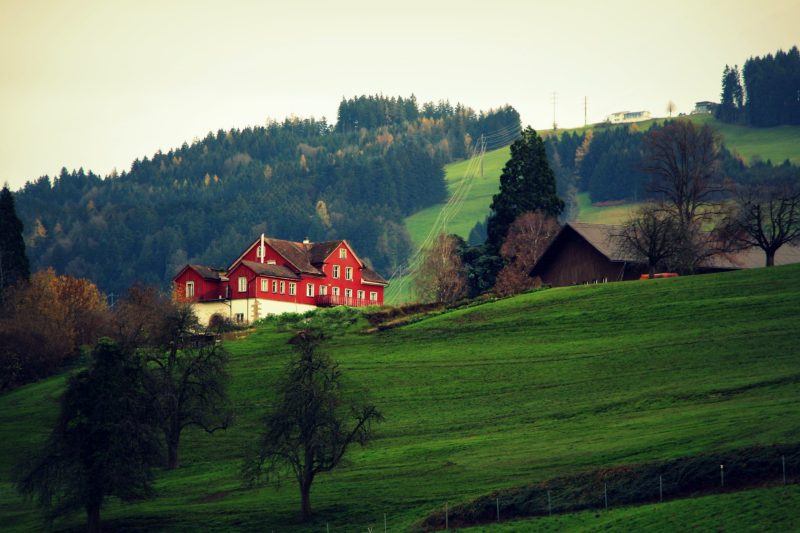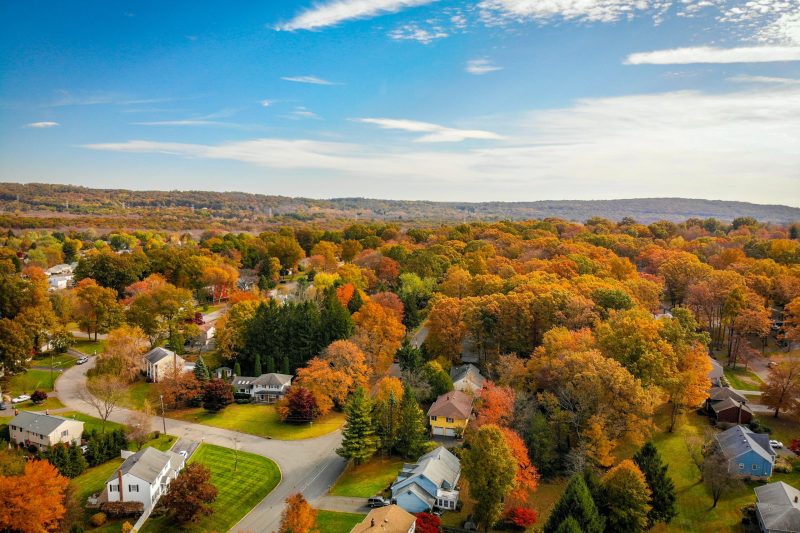USDA Eligibility Guide
“Find out if you’re eligible for a USDA home loan with Smart Mortgage!”
Highland Park, IL USDA Loan Eligibility Guide
1. Property Eligibility:
-
- The home must be located in a USDA-eligible rural or suburban area around Highland Park, IL. The USDA provides an online tool to help potential borrowers determine if a specific property is in an eligible area.
- The property must be used as the borrower’s primary residence.
- The home must meet all local codes and program regulations.
2. Applicant/Household Eligibility:
-
- U.S. citizenship or permanent residency is required.
- The borrower must be unable to obtain a loan from other resources on terms and conditions that can reasonably be expected to meet.
- The applicant must have a stable and dependable income, typically verified by two years of consistent employment. The income must also be sufficient to cover the mortgage payment, including taxes and insurance.
- The household’s adjusted income must be at or below the applicable low-to-moderate income limit for the area.
- A reasonable credit history. While a specific credit score is not mandated, a credit score of 640 or higher is typically required for streamlined processing. However, those with lower scores may still be eligible but may undergo a more stringent evaluation.
Questions Call (888)416-4805
Get cash from your home.
Apply to see how a cash out refinance can help you.
Homebuyer Seminars
Discover the keys to homeownership at our local home buying seminar – your first step towards securing your dream home!
See our home loans.
Explore our diverse range of home loan programs tailored to fit your unique needs!
3. Income Limits:
- Income limits vary by county and household size. You’ll need to check with our Highland Park, IL USDA service center or the USDA’s online tools to see specific limits.
4. Loan and Debt Ratios:
- Typically, a 29/41 ratio is followed. This means that 29% or less of your monthly income can go towards your mortgage (Principal, Interest, Taxes, and Insurance) and 41% or less of your monthly income can go towards your total debt (this includes the mortgage and other debt obligations). Exceptions can be made in certain circumstances.
5. Other Requirements:
- Borrowers must personally occupy the dwelling as their primary residence.
- The borrower must be legally able to take on the loan obligation.
- First-time homebuyers are required to take a homeowner counseling class in some situations.
6. Loan Terms:
- The loan term is typically 30 years.
- No down payment is usually required.
- The interest rate can be set by the lender but is subject to USDA review.
7. Guarantee Fee and Annual Fee:
-
- The USDA charges an upfront guarantee fee, which can be rolled into the loan amount.
- There’s also an annual fee, which is a percentage of the remaining principal amount, typically spread out in monthly installments.
It’s crucial to remember that while these are the general requirements for Highland Park, IL USDA mortgages, eligibility details can change. It’s always a good idea to consult with one of our Highland Park, IL USDA home loan professionals. Get pre-approved with our easy and stress free Highland Park, IL USDA home mortgage today.
Do you need a Pre-Approval?
Get a same day Highland Park, Illinois USDA pre-approval to shop for your dream home!
Mortgage Resource Center

Why Veterans Might Opt for USDA Loans Over VA Loans
Title: Exploring the Choice: Why Veterans Might Opt for USDA Loans Over VA Loans Introduction When it comes to home financing options for Read more
Government Rural Home Loans: A Rising Trend Heading into 2024
Introduction As we approach 2024, government rural home loans are gaining significant traction, offering promising opportunities for individuals Read more
We also provide USDA home loans in the following cities
More About Highland Park, Illinois
Highland Park is a suburban city located in the southeastern part of Lake County, Illinois, United States, about 25 miles (40 km) north of downtown Chicago. Per the 2020 census, the population was 30,176. Highland Park is one of several municipalities located on the North Shore of the Chicago metropolitan area.
A traveler in the area in 1833 described visiting a village of bark-covered structures where he ate roasted corn with a chief named Nic-sa-mah at a site likely located south of present-day Clavey Road and east of the Edens Expressway.
In 1847, two German immigrants, John Hettinger and John Peterman founded a town along Lake Michigan, which they called St. John’s. Soon, the town was abandoned, due to questions regarding ownership of the land. Three years later, another German Immigrant, Jacob Clinton Bloom, founded Port Clinton, which happened to be just south of St. John’s. Port Clinton was described by Elijah Middlebrook Haines as “one of the most promising villages in the city”. In 1854, a lighthouse was built in Port Clinton, thanks to funding by the US Congress and sponsorships from Illinois representatives. Despite having a functioning lighthouse with a keeper, a pier, sawmill, and a plank road, Port Clinton did not have a train station in 1855. In 1860, Port Clinton stopped growing as a town, and the lighthouse was shut down.
In 1867, ten men purchased Highland Park for $39,198.70. They were the original stockholders of the Highland Park Building Company. Following construction of the Chicago and Milwaukee Railroad, a depot was established at Highland Park and a plat, extending south to Central Avenue, was laid out in 1856. At that point, Highland Park was settled on mostly scattered farms and undeveloped forested land. Highland Park was established as a city on March 11, 1869, with a population of 500, and evolved from the two settlements of St. John and Port Clinton; St. John’s Avenue and Port Clinton Square are named after the settlements. Highland Park was named from its parklike setting at a lofty elevation relative to the lake, and was given its name from Walter S. Gurnee. The town annexed the village of Ravinia in 1899.
From its establishment in 1869 until November 1, 1900, Highland Park was a “dry” community, in which the sale of alcoholic drinks was prohibited.









